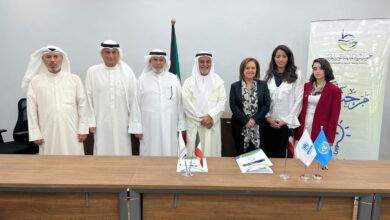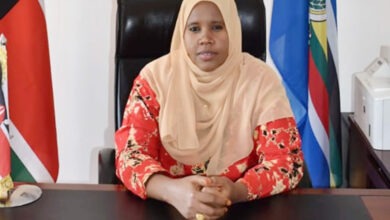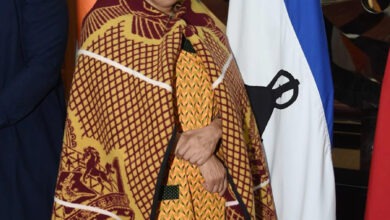Kuwait urges UN action on grave violations against children in conflict zones
GCC committed to working with all partners to end violations, strengthen protection systems, and ensure a just, secure future for all children

The Gulf Group at the United Nations called on Thursday for strengthening both international and national accountability mechanisms to address the systematic violations against children in conflict areas—particularly in the Gaza Strip — amid persistent impunity.
Delivering the statement before the UN Security Council, Kuwait’s Deputy Permanent Representative, Minister Plenipotentiary Faisal Al-Enezi, highlighted the need to move from setting standards to ensuring real implementation of existing commitments, particularly those under international humanitarian and human rights law.
Al-Enezi noted that this year marks nearly two decades since the adoption of Resolution 1612 (2005), which established the UN’s monitoring and reporting mechanism for grave violations against children in armed conflict. Despite this progress, he cited a UN report showing a 25% surge in serious violations—over 41,000 cases—the highest recorded since the mechanism’s inception.
He expressed deep concern over the repeated use of explosive weapons in densely populated areas and their lasting impact on children, including physical injuries, psychological trauma, and permanent disabilities. He also pointed to a troubling 35% increase in cases of sexual violence against children, calling for urgent measures including legal accountability, gender-sensitive interventions, psychological support, and access to justice.
Al-Enezi emphasized the importance of ensuring humanitarian access for children—particularly in active conflict zones—and maintaining international support for child protection programs. He also stressed integrating child protection into peacebuilding and post-conflict processes to prevent marginalization once UN missions withdraw.
He welcomed the inclusion of Israeli forces in the annex of the latest UN report on children and armed conflict, describing it as a vital step toward recognizing the severity of violations and reinforcing the principle of accountability. Al-Enezi called for safeguarding the independence and credibility of the UN’s monitoring mechanisms, free from political interference.
Concluding his remarks, he affirmed, “Our children are not just numbers in reports—they are the essence of our future. Continued violence without accountability is a failure the world must no longer accept.” He reaffirmed the GCC’s commitment to working with all partners to end violations, strengthen protection systems, and ensure a just, secure future for all children.














